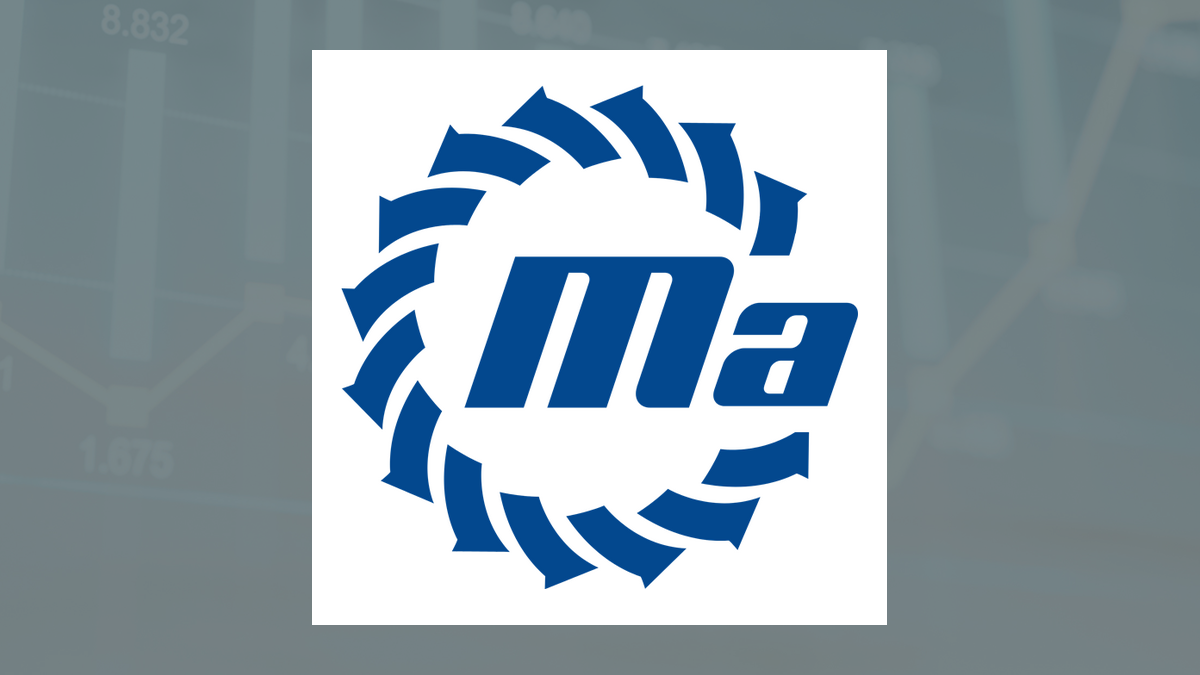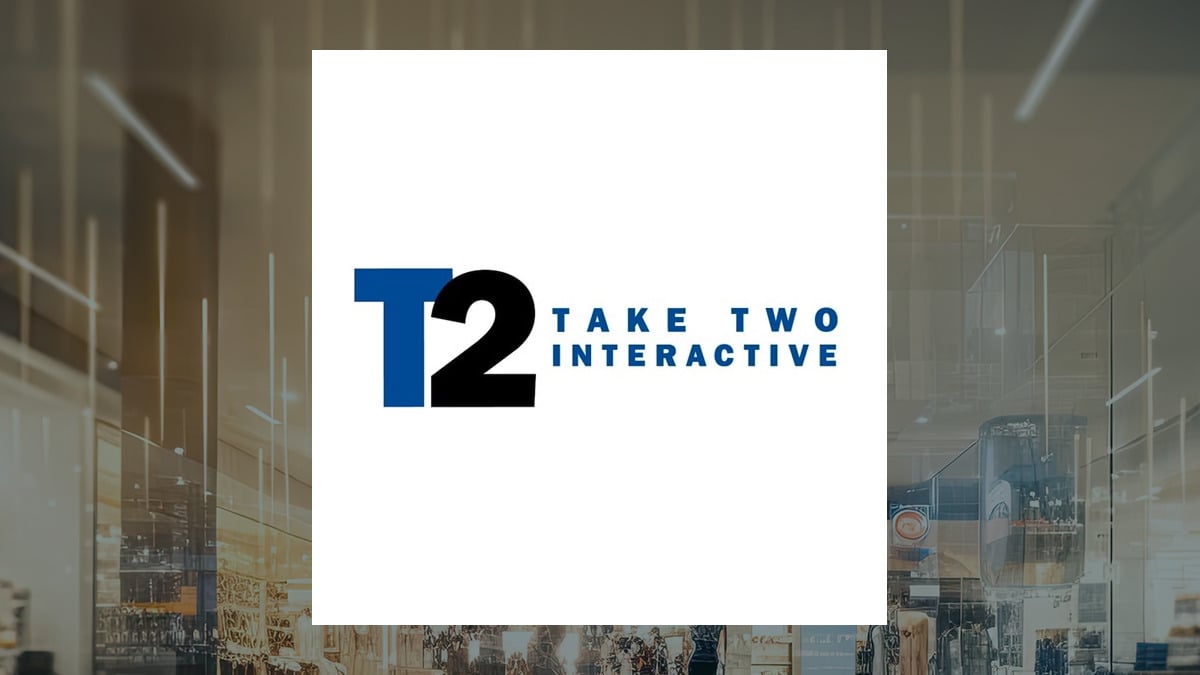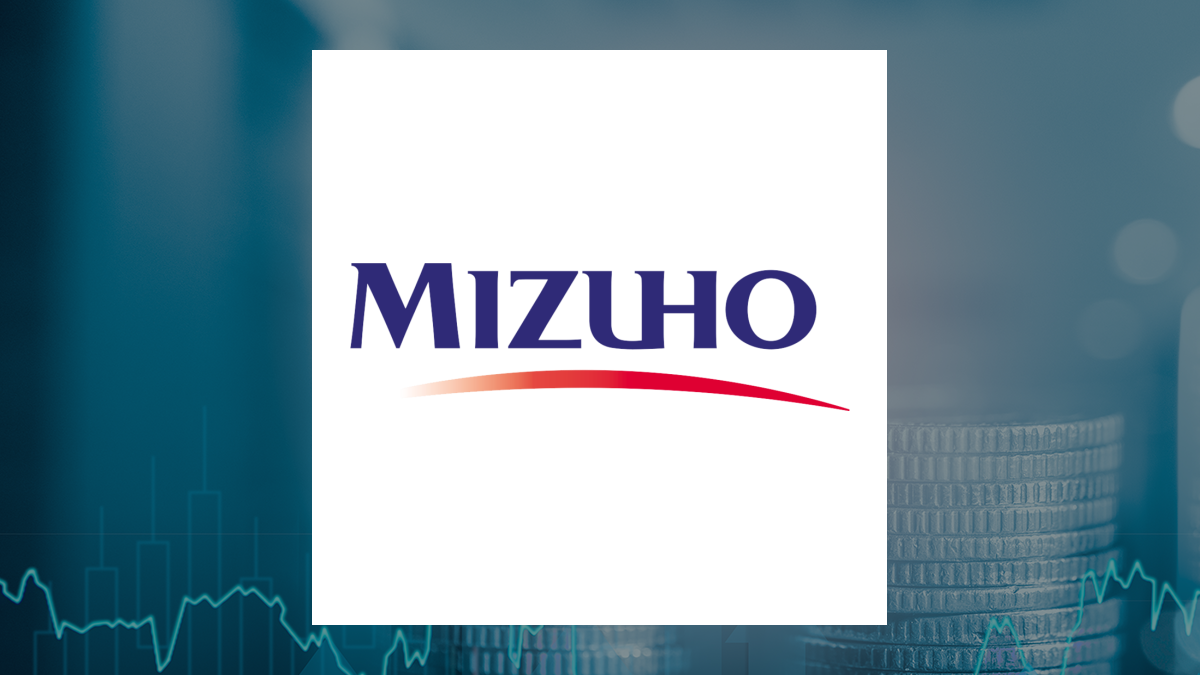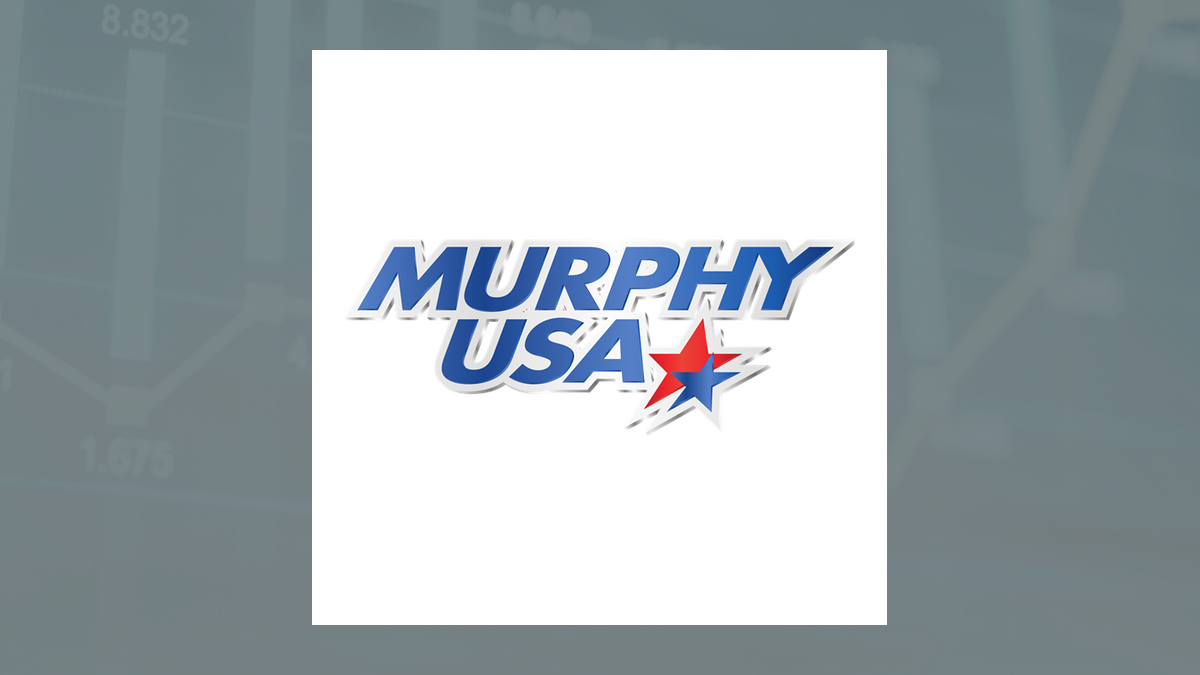In a bold and defiant speech at the National Republican Congressional Committee dinner in Washington on Tuesday, U.S. President Donald Trump declared, “I know what the hell I’m doing,” as he reassured Republicans about his trade strategy against China and other nations.
Trump confirmed that his administration is preparing to roll out massive new tariffs, particularly targeting the pharmaceutical sector, in a bid to force companies to move their manufacturing out of China and back into the United States. “Very shortly,” he said, these fresh tariffs will be announced, adding that it would put “pressure on the pharma companies to leave China.” 104% Tariffs on Chinese Goods Now in Effect The White House officially confirmed that a sweeping 84% additional tax on Chinese goods has been enforced.

When added to the existing duties, that brings the total tariff on imports from China to 104%, according to White House Press Secretary Karoline Leavitt. The move marks one of the most aggressive actions yet in the escalating trade war between the U.S.
and China. These steep tariffs will also be extended to about 60 other countries, signaling a major shift in how the U.S.
approaches global trade. Leavitt said that Trump has asked his trade team to negotiate special deals with any country willing to talk. China, for its part, had already retaliated earlier by slapping a 34% tariff on American products, prompting Trump to hit back with an extra 50% on top of the previously planned increase.
The Chinese Commerce Ministry responded with defiance, stating it would “continue to fight back till the end.” Trade Talks Begin with Japan and South Korea Despite the aggressive tariff measures, Trump’s team has opened early trade talks with key U.S.
allies, including Japan and South Korea. According to Kevin Hassett, head of the White House National Economic Council, the administration is working on separate deals tailored to each country. Trump said he had a “good phone call” with South Korea’s acting president and confirmed that “they already have the basics of a deal in place.
” Meanwhile, Italian Prime Minister Giorgia Meloni is expected to visit Trump next week to continue similar discussions, as reported by CNN. European Union Shows Interest in U.S.
Natural Gas In a parallel development, the European Union has informed Washington that it’s ready to talk about increasing its purchase of American natural gas. This outreach comes as European countries explore alternatives to Chinese supply chains and seek closer trade ties with the U.S.
Elon Musk and Peter Navarro Clash Over Tariffs While Trump’s economic team seems aligned publicly, there’s been a sharp internal disagreement between two of his close advisers: Elon Musk and Peter Navarro. The clash came to light in a CNN report, where Musk reportedly called Navarro a “moron” after Navarro dismissed him as nothing more than a “car assembler.” When asked about the dispute, Press Secretary Leavitt brushed it off by saying, “boys will be boys.
” Trump Doubling Down on Pharma Tariffs In his dinner speech, Trump emphasized that pharmaceutical companies would soon be in the crosshairs of his tariff policy. He stated that the goal is to bring medicine manufacturing back to the U.S.
, reducing reliance on China and creating more American jobs. Leavitt made it clear to reporters that Trump has no intention of postponing these upcoming tariffs, and instead, the administration plans to keep working with U.S.
allies to build country-specific trade agreements. Market Reactions: Japanese and Chinese Stocks Take a Hit The financial world is already feeling the effects of the new tariff announcements. Japan’s Nikkei 225 index took a sharp fall of more than 3% shortly after markets opened on Wednesday.
This came after a rollercoaster week where the index surged 6% on Tuesday following an earlier 8% drop on Monday. Meanwhile, markets in China and Hong Kong also fell. The CSI300 Index dipped 1.
2%, the Shanghai Composite dropped 1.1%, and Hong Kong’s Hang Seng Index plummeted 3.1%, all in reaction to the looming 104% tariffs on Chinese imports.
U.S. Wants to ‘Take Back’ Panama Canal from Chinese Influence In a separate but connected move, U.
S. Defense Secretary Pete Hegseth announced that the United States plans to reduce Chinese influence in the Panama Canal. During a visit to Panama, Hegseth met with officials and promised stronger security cooperation.
He stated the U.S. would work with Panama to prevent China from using its business deals to gather intelligence or gain control over the region.
“China didn’t build or run the canal and shouldn’t be allowed to use it for its own strategic advantage,” Hegseth said. “Tailored Deals” with Allies in Progress, Says Trump Back at the White House, Trump signed several executive orders and told reporters that the administration is making “very good progress” in shaping trade deals with various countries. “I call them tailored deals — not off the rack.
These are highly tailored,” Trump said, describing the administration’s approach to individual negotiations with allies like Japan and South Korea. Even with early conversations underway, none of the 86 countries targeted for the new tariffs are expected to strike a finalized deal before the new duties take effect at 12:01 a.m.
ET on Wednesday. The global economic impact of these tariffs and the political fallout from countries caught in the trade crossfire remain to be seen — but one thing is clear: Trump is not backing down..
Business

‘I Know What The Hell I’m Doing’: Donald Trump Unleashes 104% Tariffs On Chinese Goods; China Says ‘Will Never Back Down’

In a bold and defiant speech at the National Republican Congressional Committee dinner in Washington on Tuesday, U.S. President Donald Trump declared, “I know what the hell I’m doing,” as he reassured Republicans about his trade strategy against China and other nations.














